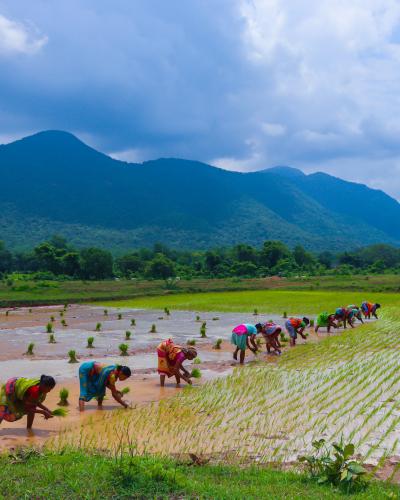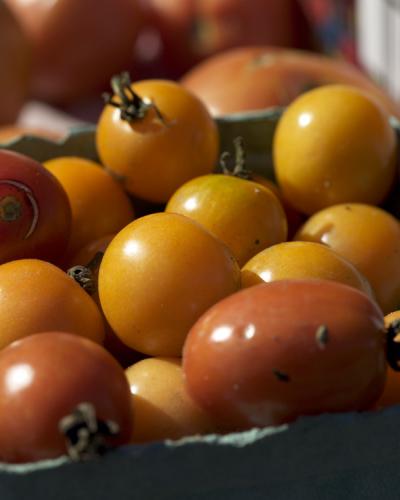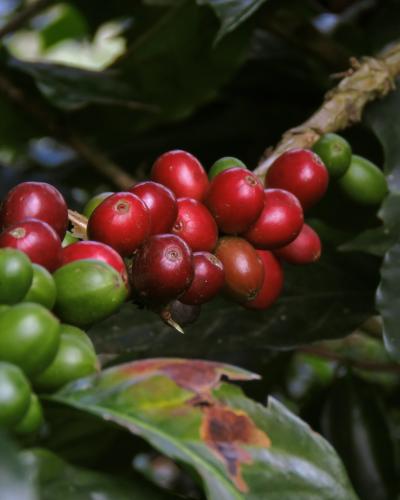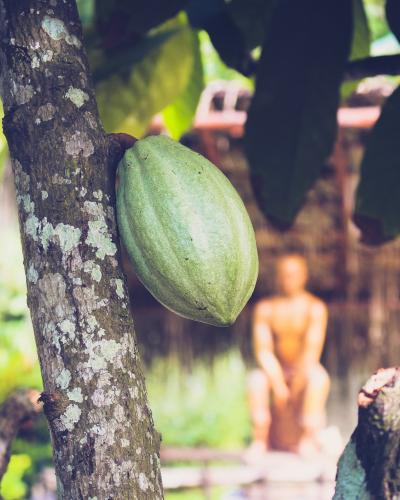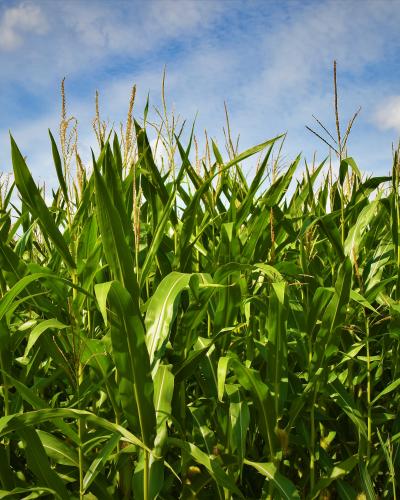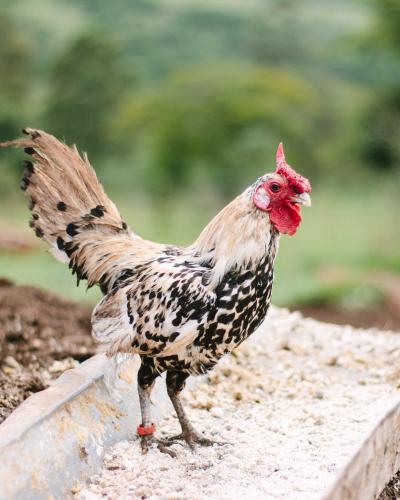Organic dairy cows are as healthy as their nonorganic counterparts when it comes to their risk for parasite infections,...
Apr 27, 2022
For the first time, researchers evaluated if a statewide initiative that pushes all farmers in the state of Andhra Pradesh...
Apr 18, 2022
A study published in Ceres found tomato varieties that thrive when grown under organic conditions in Brazil, providing higher-yielding tomatoes and better quality than popular slicer tomato...
Jan 24, 2022
Despite the use of chemical pesticides to combat the economically important coffee berry borer pest, a new study in IOP Conference Series: Earth and Environmental Science finds that non-chemical...
Jan 03, 2022
A study in the Journal of Agricultural and Food Engineering determined that using organic fertilizer produced from local sources of agricultural waste and manure results in comparable yields of...
Dec 06, 2021
A new study published in the Journal of Applied Ecology shows the importance of maintaining biodiversity to achieve natural pest control and reduce the use of insecticides. Specifically, the study...
Nov 22, 2021
A recent study published in Agronomy Journal found that using perennial living mulches can regenerate soil health faster and with less cost than using annual cover crops. There are many benefits...
Nov 08, 2021
Conventionally grown corn is typically managed intensively with chemicals to combat weeds and insect pests that infest the plants or the ears of corn, and most corn grown in the U.S. is...
Nov 01, 2021
The ever-growing global population demands more food production, while at the same time, increased farming intensity has contributed to the depletion of important insect populations. A recent...
Oct 25, 2021
A new review published in the journal Agronomy compiles scientific evidence showing that using recycled animal waste to manage fertility for food production is important for boosting in yields in...


